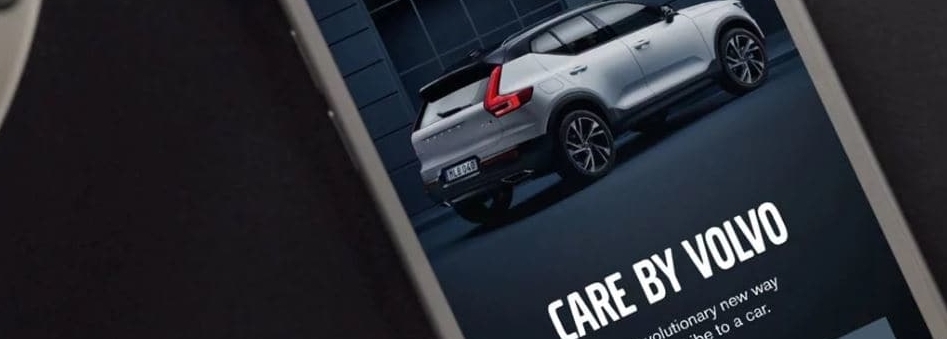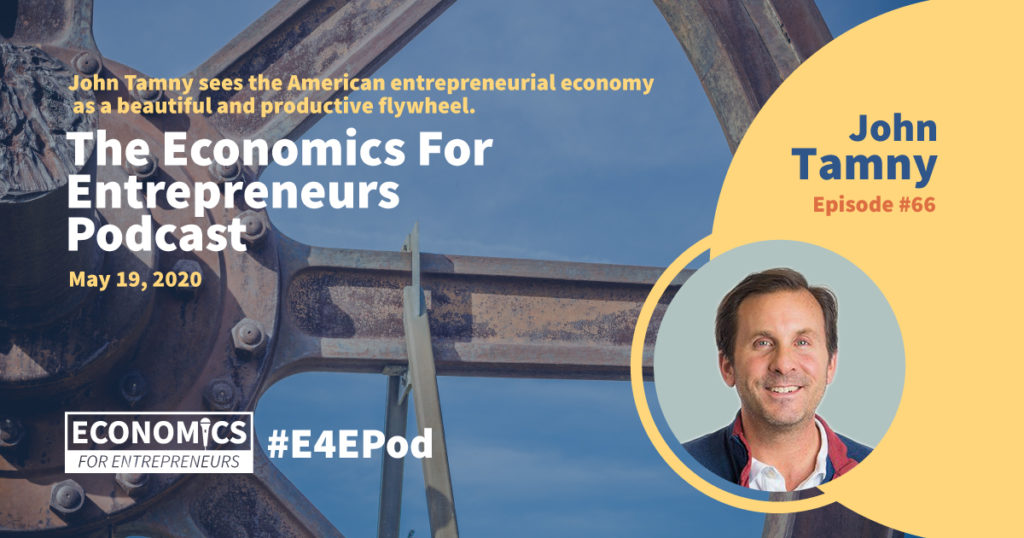Entrepreneurs Change The World For The Better By Thinking Exclusively About How To Offer New Value To Consumers.

Original Article by Per Bylund.
Politics is hardly an effective force for bringing about positive change in society. Instead, real change, and especially such that changes people’s lives for the better, comes from elsewhere. It comes from business, and specifically from innovators, entrepreneurs, and pioneers in the market. And very often it does so despite politics and the state — or even in direct conflict with it.
While technology often gets the credit for achievements of the market place, this is too much of a simplification. It is not technology per se that produces the changes and improvements; it is but a common (and eye-catching) means. The real change is brought about through entrepreneurship, specifically through what Ludwig von Mises called the entrepreneur-promoters: the pioneers, the disrupters, the creative destroyers.
These innovative and trailblazing entrepreneurs are often thought of as creators of something new. For example, it is easy to see the immense change brought to the market for personal transportation by new and innovative players like Uber and Lyft. By providing a new type of transportation — ride-sharing — these entrepreneurial firms placed themselves outside of the existing regulatory framework for taxi cabs. And thus they broke new ground and forced deregulation of the often guild-like taxi industry.
Ride-sharing is an obvious and important example of the enormous change that entrepreneurship can have on society — for the better, by providing new goods and services, and thus improving people’s lives. This is the power of the market. But that is too limiting a definition of disruptive entrepreneurship. Such change can also be brought about by incumbent business firms who pursue new and innovative business models.
A Membership-Based Auto Industry
An example of such is the recently advertised change in how automobile manufacturer Volvo intends to do business. While other automobile manufacturers are stuck, partly due to protective regulation, with producing automobiles sold through a vast dealership network, Volvo intends to stop selling automobiles. Yes, you heard that right.
The new program, Care by Volvo, is a flat-rate membership in which you are provided access to your automobile — with maintenance, service, and even insurance included. While this seems like an interesting twist on the face of it, it is a new business model that has the potential to revolutionize the automobile industry. Drivers no longer need to own their cars, and they also, as a result, do not need to worry about anything with the usage of their car. There is an immense convenience gain.
But think one step further. If a Volvo membership, rather than owning an automobile, means you have the right to a vehicle, this could change everything. Imagine going out of town, and being provided with an identical (or, if you prefer, different) Volvo when you arrive at your destination airport. The Care by Volvo program is effectively competing with the rental car business.
Further imagine that “your” Volvo is a self-driving car, as automobiles will soon be, and your leaving town means not only that you can be picked up at the airport by your preferred car, but also that the car in your driveway, or which dropped you off at the airport, can be used by others.
The future that Volvo likely envisions is one in which there is no need for ownership of automobiles because they can provide the transportation service without hassle everywhere and always. The gain is not only that resources become better utilized as automobiles no longer are parked for long stretches of time in one’s driveway or garage, but also that consumers no longer have to make capital-intensive investments in something as banal as personal transportation.
With much more efficient use of transportation resources, one can imagine how automobile manufacturers such as Volvo not only take on rental car agencies and taxi cabs, but also (out)compete public transportation systems like buses, trains, and subways.
Rather than automobile manufacturing being a stagnated industry “of the past,” and under threat from the anti-oil movement, Volvo’s business model innovation can completely change the playing field and revolutionize the entire transportation sector of the economy. (And I haven’t even mentioned how Volvo also envisions soon offering only electric vehicles .)
The driving force here is obvious: entrepreneurship. But the disruption is not from a new player, but from a player thinking anew. The step for Volvo going from a lease-or-sell model to membership is not a huge one in terms of the production or distribution process. The difference lies in how they imagine best serving their customers, and by thinking of their customers first – or the actual value of what they do – they realized they should think differently about their business. Their dealership locations become member care facilities.
By explicitly thinking of and making consumer value the purpose and goal of their business, Volvo has recreated themselves. As a result, they could disrupt the automobile industry. And in the process, they may erase the boundary between different industries involved in providing the value of personal transportation: automobile manufacturing, car rentals, taxi cabs, public transportation.
This is an entirely predictable evolution. The only reason these are considered different industries in the first place is that they started out offering different types of services based on the technology of the day. But what they really do is not to provide technological solutions to consumers, but to provide value. By recognizing this simple but often forgotten fact, artificial boundaries dissolve and more value is attainable for both businesses and consumers. Herein lies the power of business and entrepreneurship to change the world: by serving the rest of us.







Responses